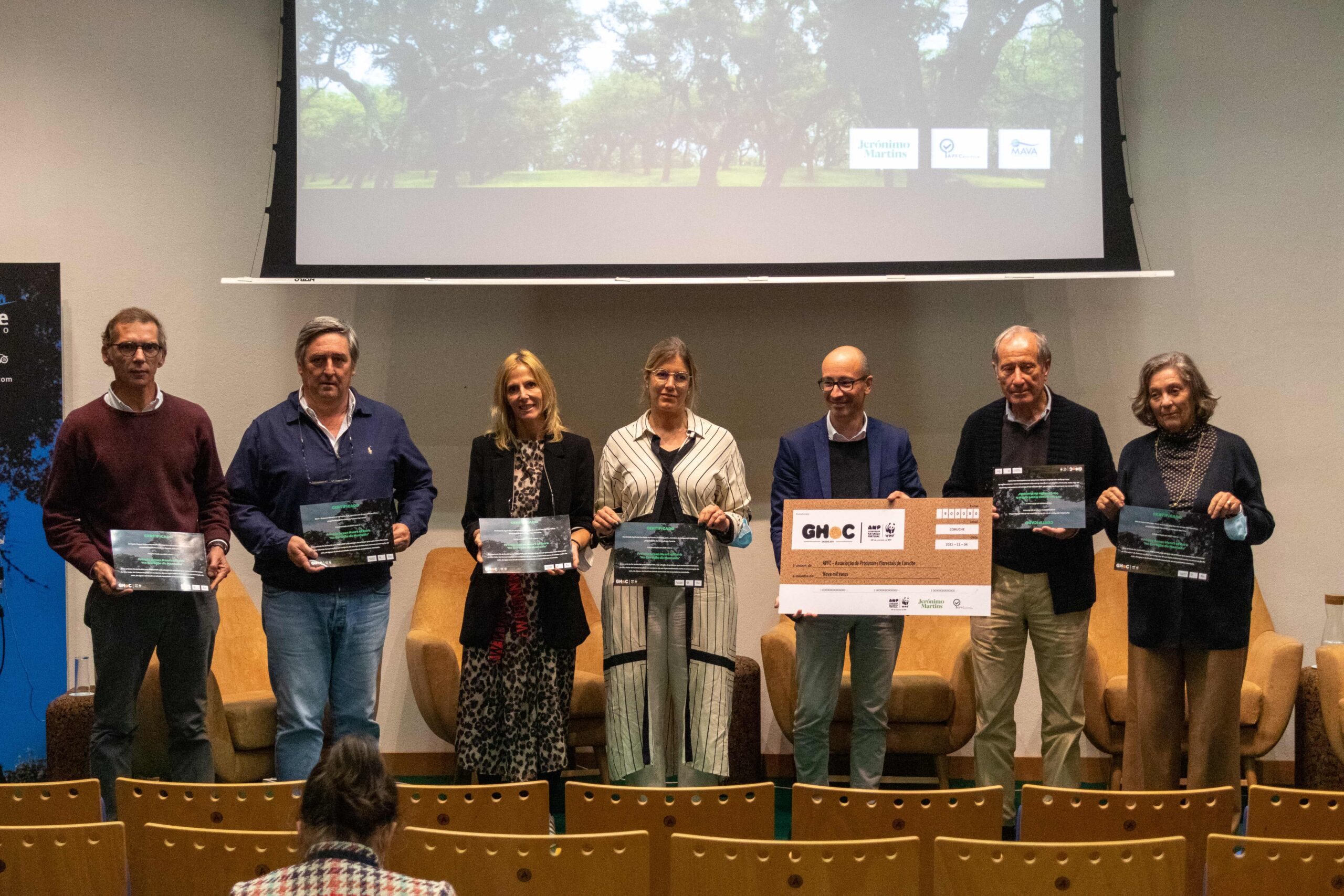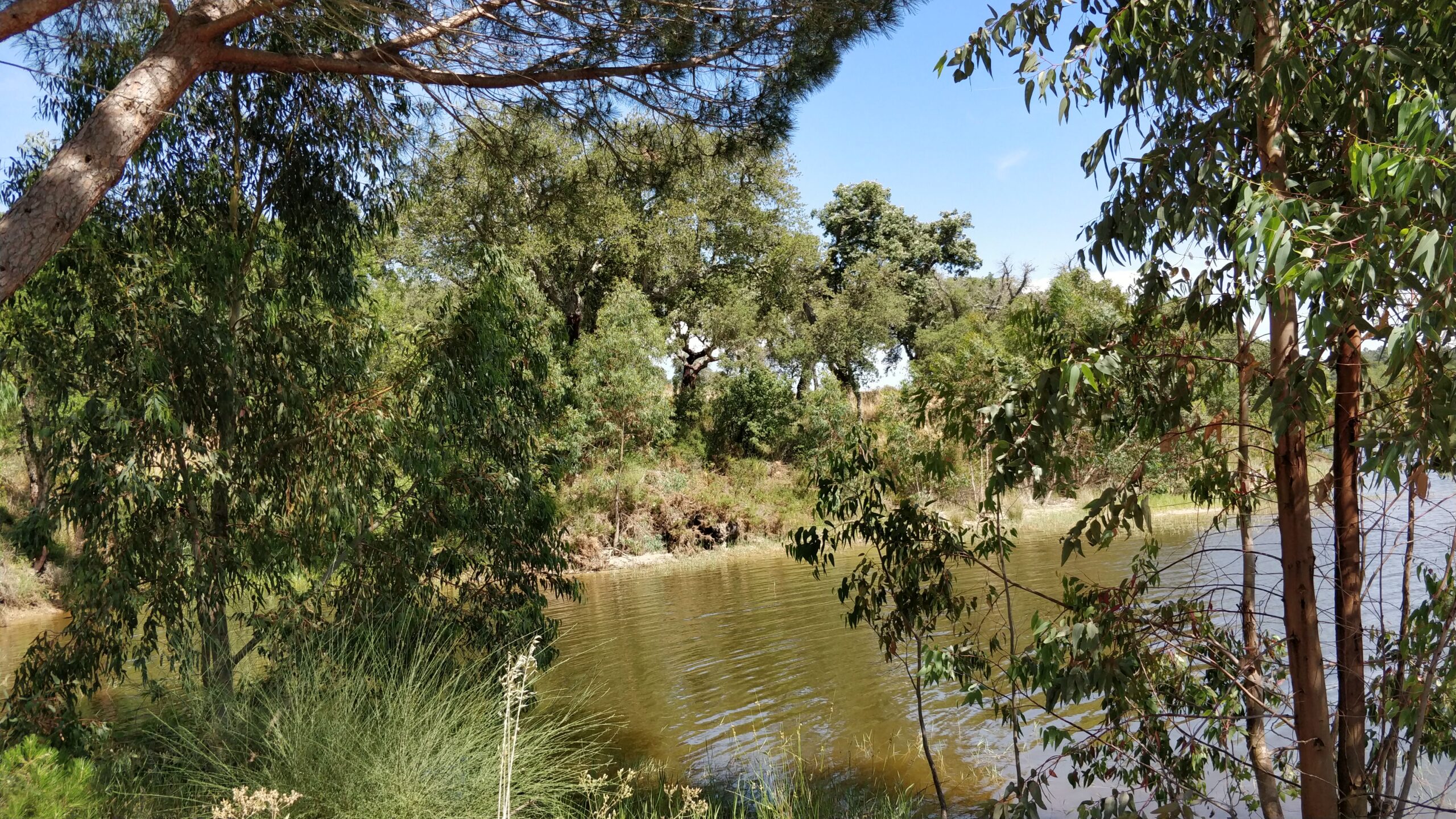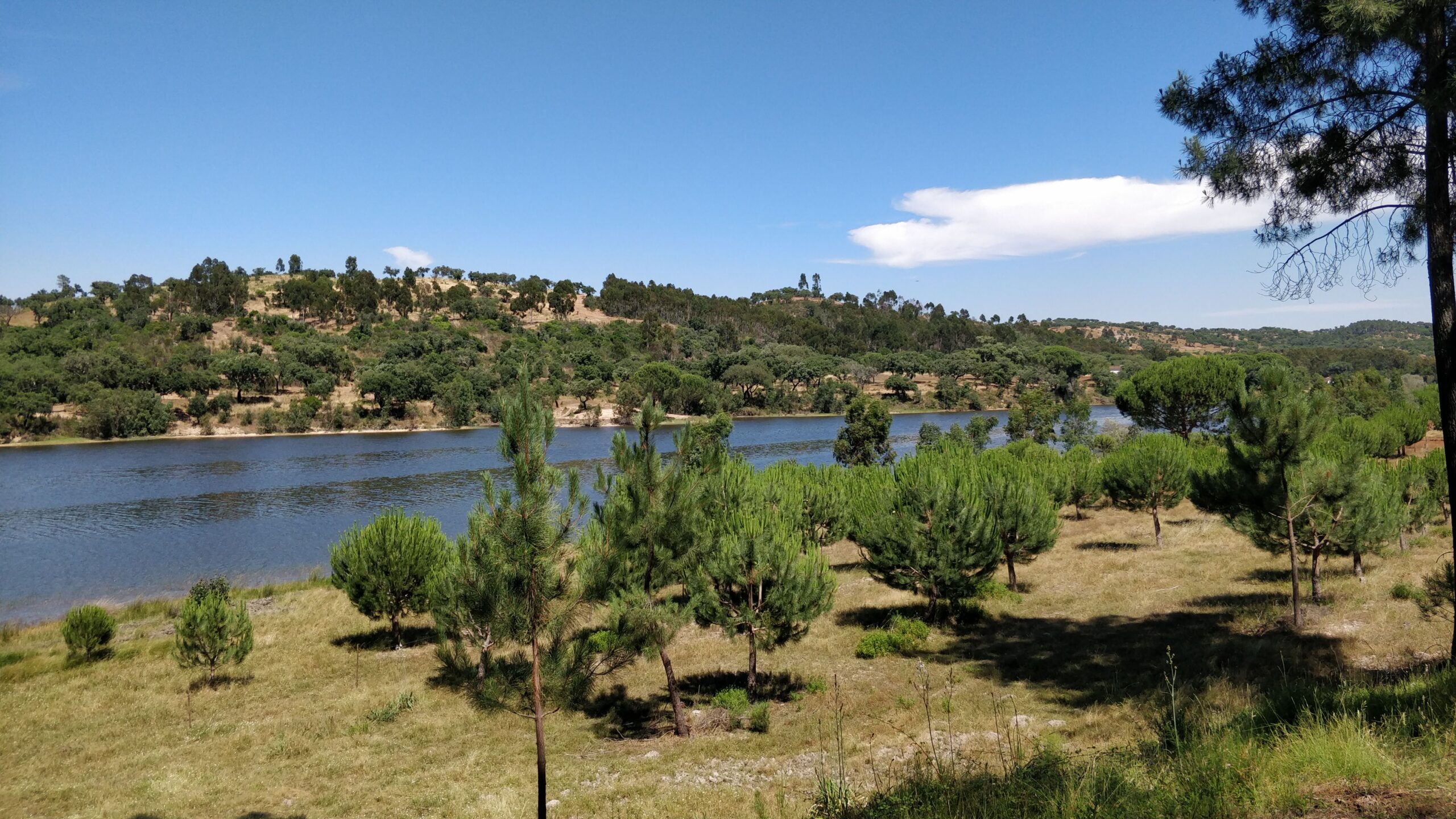10 Years Ahead of Its Time: How Green Heart Of Cork Pays For Ecosystem Services
Rui Barreira, ANP|WWF

In 2011, ANP|WWF launched the Green Heart of Cork, a platform for companies willing to reward rural landowners for good forest management practices in one of the most emblematic landscapes in Portugal – the cork oak forest. Ten years later, this project has affirmed itself as the path of the future. Watch the full video on the project here:
When Green Heart of Cork emerged, on November 4, 2011, precisely 10 years ago, in the heart of the Coruche cork forest, the issue of payment for ecosystem services became a reality in Portugal. For the first time, a project monetarily rewarded rural landowners for their good practices, rewarding responsible forest management and positive nature. Now celebrating a decade of achievements, the ANP|WWF project proves to have been born 10 years ahead of its time.
We are living in the Decade of Ecosystem Restoration and companies are in a prominent position to integrate nature into their businesses and invest without hesitation in its restoration, a commitment in line with the Sustainable Development Goals, ensuring social and environmental impacts on the communities where they operate, such as the sustainability of their own activities, services or products.
Since 2011 Green Heart of Cork has been a pioneering platform that allows companies to “pay” for the resources and environmental services they need for their economic activity and that we all enjoy daily at no cost: clean water, fertile soils, pure air and rich wildlife.

“We created the Green Heart of Cork, a project that focuses on the world’s largest cork oak patch and the largest Iberian aquifer, to connect companies to nature, allowing them to reward landowners with good agroforestry practices that contribute to sustainable forest management and thus to save the most valuable forests in the world”, explains Rui Barreira, Forest, Food and Wildlife Coordinator at ANP|WWF and manager of the Green Heart of Cork project.
“For companies, FSC® forest certification serves as a credible and transparent tool to highlight their commitment to the responsible use of forest resources. With this payment, companies have the opportunity to offset their footprint, while contributing to the economic viability and sustainability of their own activity and the rural environment on which they depend for the production of raw materials”, continues Rui Barreira.

Green Heart of Cork acts in several areas in which the results benefit everyone involved: companies, because they reduce the negative impacts of their activity on nature and show their commitment to environmental sustainability; agroforestry owners, who see their investment in sustainable agroforestry practices rewarded; and, of course, nature, preserving a unique landscape in the world with essential natural services for combating climate change, such as carbon retention, soil formation, improvement of the water cycle and protection of the biodiversity it inhabits in the cork oak, as is the case of the Iberian lynx.
Over ten years, the project raised a total of 135,000 euros to reward owners with good practices, to increase the number of companies participating on the platform.

The Jerónimo Martins Group is one of the key companies in this process, having already supported the platform for 7 years. This stability made it possible to increase the value delivered to landowners and double the certified high conservation value area to approximately 1,200 hectares. In 2020, Reckitt, through the Botanica by Air Wick brand, joined the Green Heart of Cork, allowing the project to be extended to the Vale do Sado region. In addition to these, the project has already had the participation of Coca-Cola, Unilever, The Body Shop, Tetra Pak and Grupo Onyria.
Believing that “Together is Possible”, ANP|WWF congratulates these companies that set an example to other public or private entities and investors, and contribute to protect an emblematic national landscape and for a future in which people and nature live in harmony. For the NGO, sustainable forest management must be accompanied by profitable economic (forest) activity and social development of the rural environment and communities. This is made possible by investing in forest landscape restoration, creating value for everyone involved.

All pictures by ANP|WWF.
